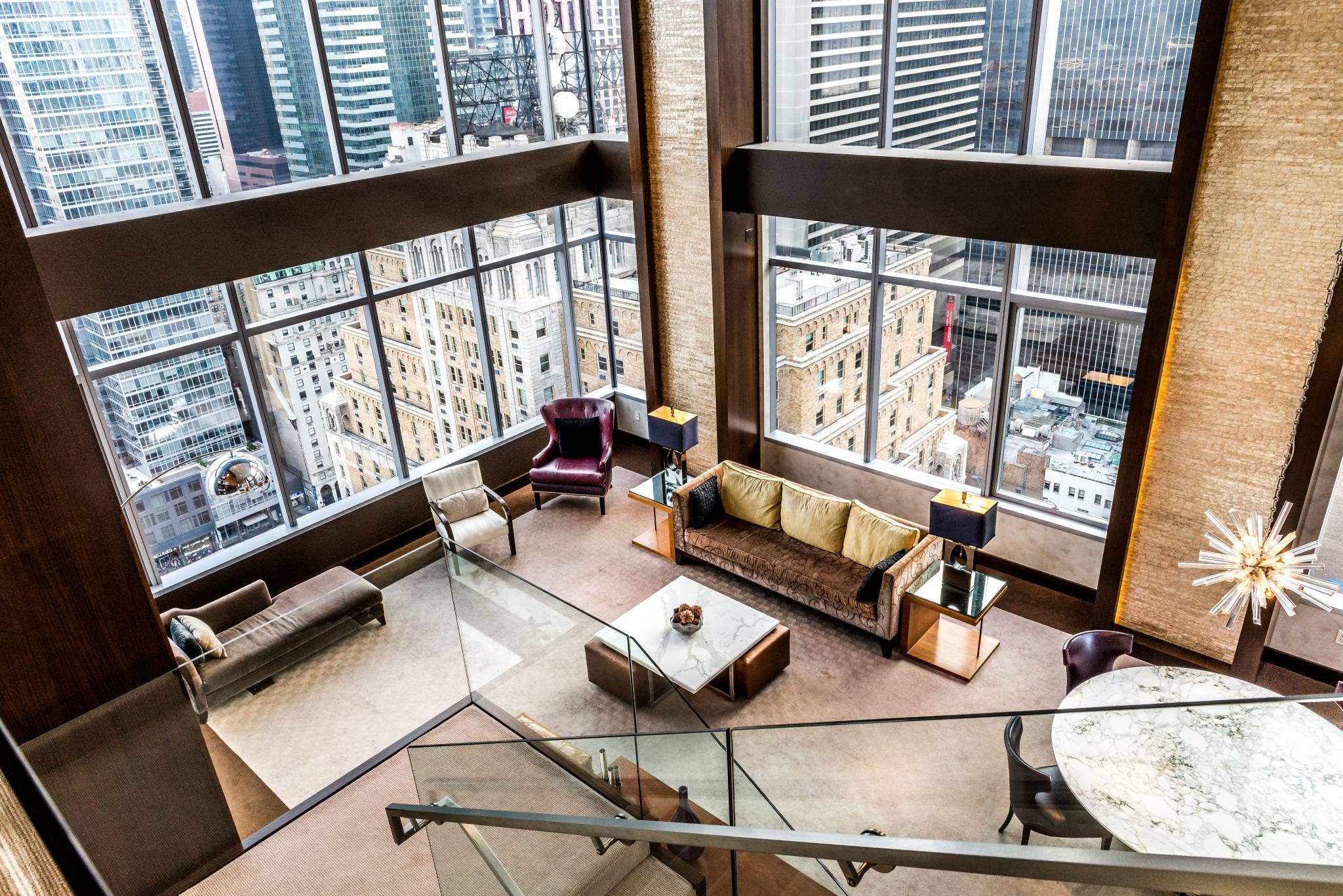How a Hotel GM Tackled the Pandemic From Years of Surviving Terrorist Attacks

Skift Take
This general manager of an iconic Times Square property experienced turbulent times in Turkey, and tempers expectations of a quick recovery for New York.
Armed with a $30 million marketing push, New York City is getting back on its feet. But for one hotel general manager it's a time of reflection.
Comparisons tend to be made with the SARS outbreak in Asia, but Gul Turkmenoglu, who works at the InterContinental New York Times Square, likens the peak of the pandemic to the terrorist attacks she experienced in Turkey.
“I opened the Conrad Istanbul, and Turkey used to be volatile,” she said. “We had small terrorist attacks. Every time we had one, all the bookings were cancelled and we’d lose six months of business.”
[caption id="attachment_427193" align="alignright" width="300"] Gul Turkmenoglu, general manager, InterContinental New York Times Square. Picture: LinkedIn[/caption]
Turkmenoglu, who has more than 30 years' industry experience, described those attacks as "roller
